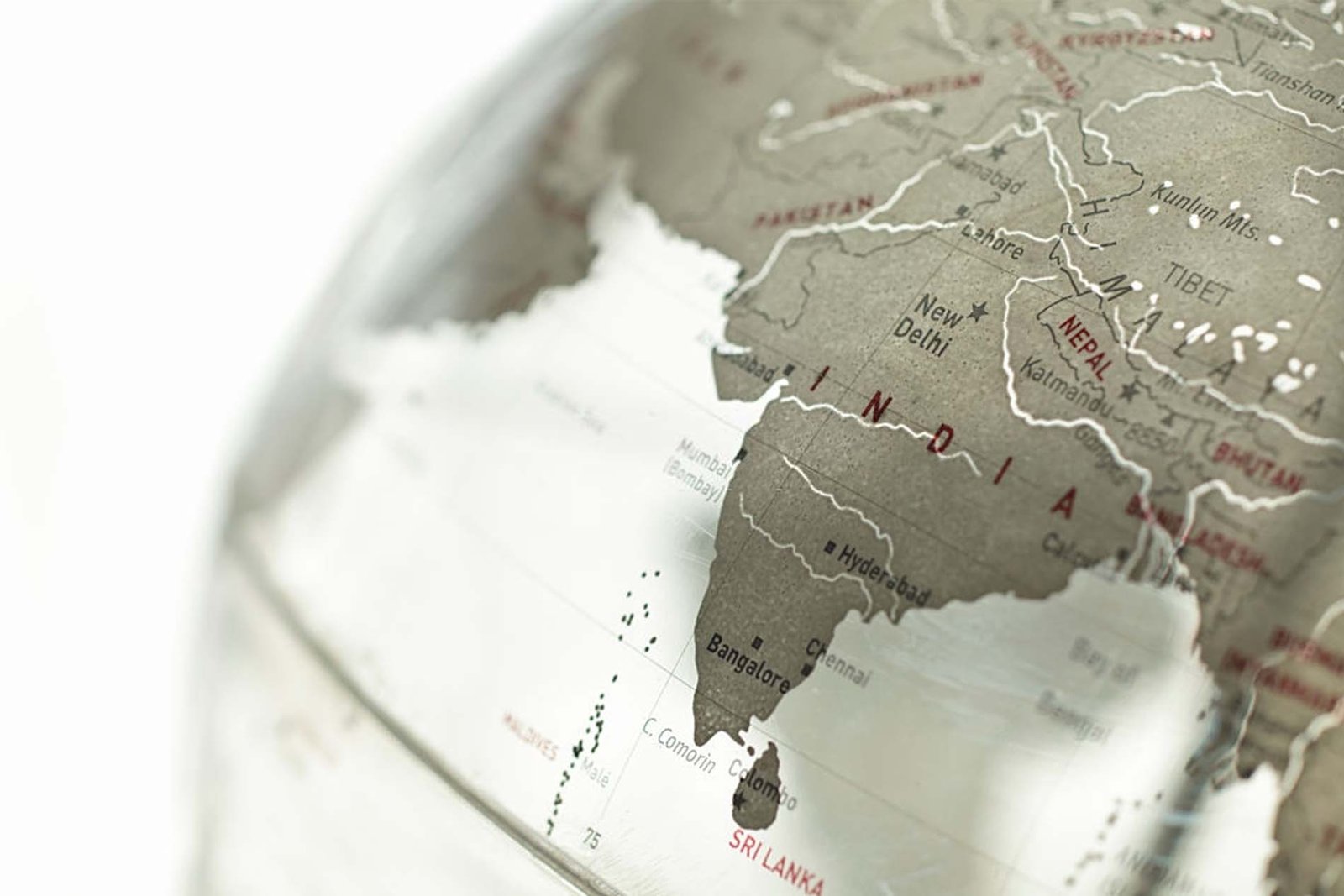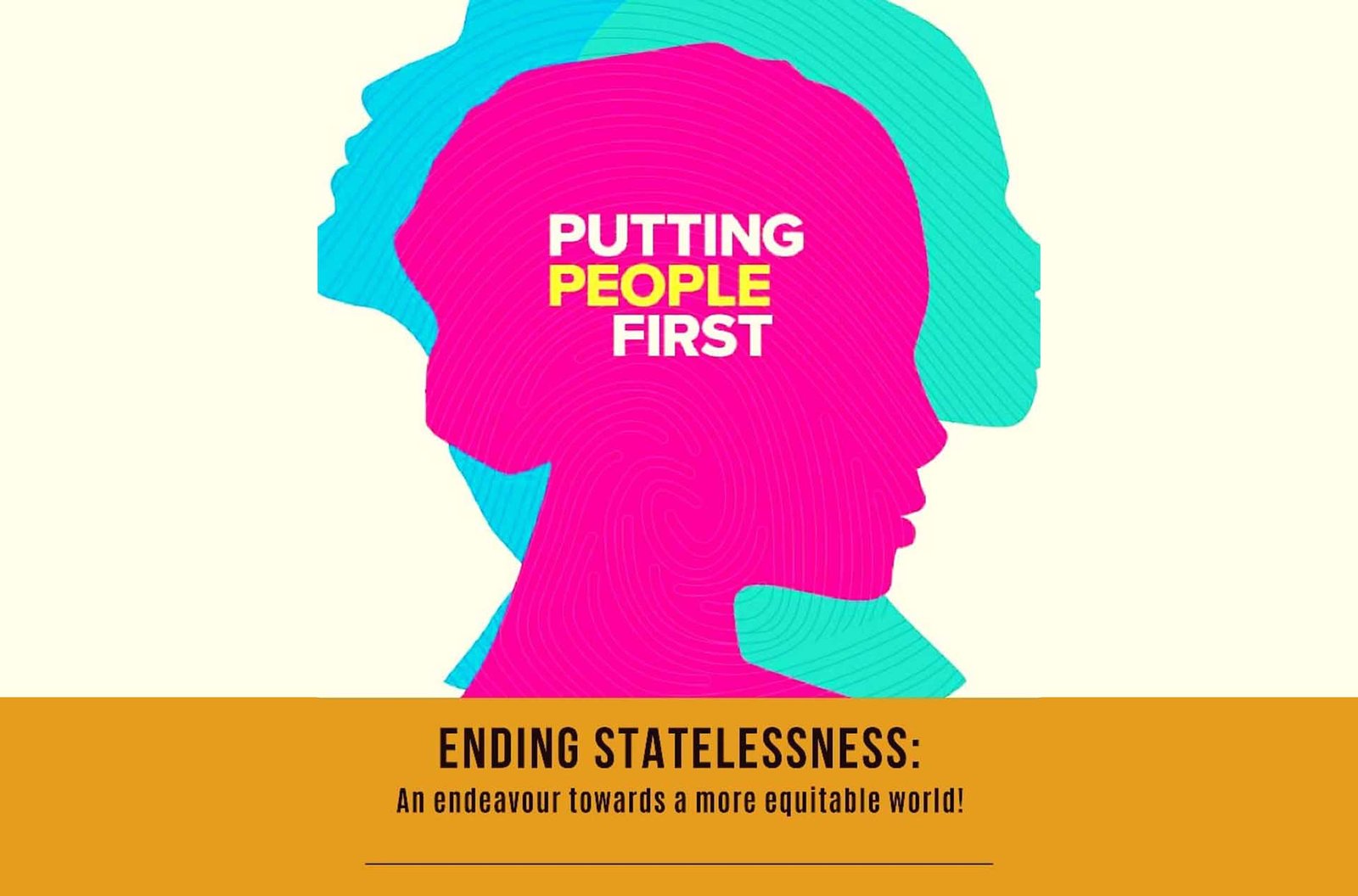
Democracy: The Rising Disconten

Democracy: the dissemination of the lofty ideas of equality, liberty, fraternity, and republic, which gradually got intricated over the ravage of civilizations to form one of the best governance models which, today, finds itself battered and weakened. A report by Freedom in the World (2022), highlights the growing role of authoritarian regimes, the report states that “In countries with long-established democracies, internal forces have exploited the shortcomings in their systems, distorting national politics to promote hatred, violence, and unbridled power. Those countries that have struggled in the space between democracy and authoritarianism, meanwhile, are increasingly tilting toward the latter”. States that a decade ago seemed like promising success stories—Turkey and Hungary, for example—are sliding into authoritarian rule. The shaking of the pillars of democracy is not a new phenomenon, interestingly Athens regarded as the birthplace of democracy also felt these seismic tremors of distaste, which is evident in the Greek literature of Plato: In Book Six of The Republic Socrates is portrayed as hugely pessimistic about the whole business of democracy.
In a dialogue with Adeimantus, Socrates compares democracy to a ship. Therein he asks a very fundamental question: Who should be in charge of the ship? Just anyone or people educated in the rules and demands of seafaring? To which Adeimantus answers the latter of course. Socrates believed that ‘Democracy leads to anarchy, which is mob rule. The voyage of distaste not only marks its significance in history but also in modern times. Latin America, where democracy was bought after a long struggle and conquest shows a dip in the democratic interest among the masses, “something for everyone” ultimately means “nothing for anyone” says the Latin American writer Gabriel García Márquez in his book One Hundred Years of Solitude.
The democratic idea that initially seemed to work for Latin America, bringing unprecedented economic growth, turned to people looking for subsistence. The contemporary world doesn’t seem to be indifferent to the process of distaste and has failed to overcome ethnic differences. The wounds left unattended—inequality, injustice, corruption, violence—are potent catalysts for discontent all over the world. These are evident in the rising democratic topplings all over the world. With this chain of thought, the rising discontent over Indian Democracy is based on the definition that Democracy in India is highly flawed, and limited at best. Large-scale poverty and economic inequality undermine the equality of political rights, rule of law is weak, with political institutions offering little protection to the vulnerable, and few restraints on the powerful. Corruption is widespread and accountability is minimal. Violence and discrimination against religious and caste minorities are common, often aided by state institutions such as the army and police.
A survey conducted by remittances player western union says, "Nearly 69% of millennials in the country say the world is more divided now than it was in 2015. More than five in ten believe it will be more divided by 2030. The millennials, or those born between 1980 and the late 1990s, feel religious differences and nationalist politics are the biggest threats to global citizenship and borderless societies, followed by the fear of immigrants and racism, says the survey.
The causes of this global distaste are uncountable and often succinct to our eyes the few core problems which are very intrinsic ranging from poor economic performance of democracies, youth unemployment, wealth inequality, rising corruption and incompetencies, populism and ideological war partisan fragmentation, terrorist attacks, and an influx of refugees. The ones which are more injective to India and are ravaging the discourse of democracy are- False hope in leadership, Scepticism of elections, and rising scandals. The solution to this distaste is not the unilateral shift to the autocratic system as it will hamper the growth of countries as the decisions are on the whims of a single person, and the development will take place following the nature of autocracy. To sum up, this debate needs a lot of meditation and self-questioning of the very structure of democracy itself. The core pillars of democracy like collective decisions, accountability, and rule of law should be strengthened. The questioning of the institution of democracy is itself its success.
Tarun Joshi
High School Student
Refrences
https://freedomhouse.org/sites/default/files/2022-02/FIW_2022_PDF_Booklet_Digital_Final_Web.pdf
Bajpai, R. (2016, March 28). Democracy in India. Retrieved October 16, 2022, from https://www.academia.edu/23712379/Democracy_in_India


